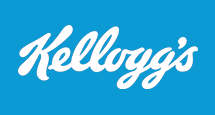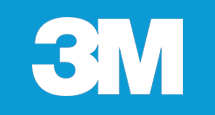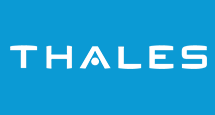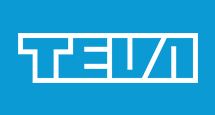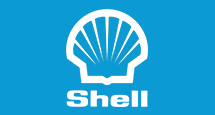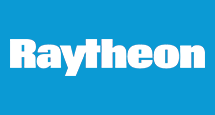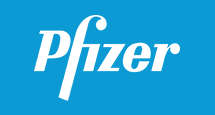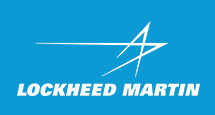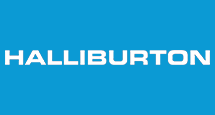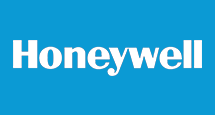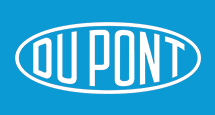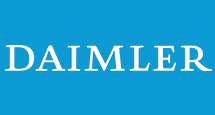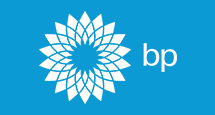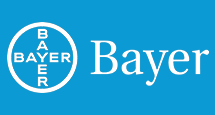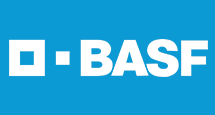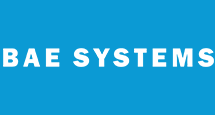“Global Paroxysmal Nocturnal Hemoglobinuria market will grow at a CAGR over 9.0% by 2030”, says Visiongain
23 January 2020
Visiongain’s new report the Paroxysmal Nocturnal Hemoglobinuria Market Report 2020-2030: Forecasts by Treatment (Medication, Stem Cell Transplant, Blood Transfusion) plus analysis of leading companies indicates that the global Paroxysmal Nocturnal Hemoglobinuria market will grow at a CAGR over 9.0% by 2030.
Increasing adoption of new therapies, increasing geriatric population, and biologics emergence are likely to be some of the market's primary growth stimulants in the same time. PNH care strategy is changing rapidly. It is driven by the advent of biologics targeting causal hemolytic defects or defective hematopoietic stem cells. However, high therapy costs and surgical procedures such as stem cell transplants (SCT), unfavorable reimbursement environment in developing regions, and adverse side effects of available therapies may hinder market growth during the forecast period The first and only drug approved for treating patients with PNH by reducing hemolysis is Alexion Pharmaceuticals ' Soliris (eculizumab). The monoclonal antibody increases anemia, decreases or stops blood transfusion need, and reduces blood clotting. Alexion reports a remarkable improvement in Soliris patients with a three-year survival rate of approximately 98.0% in the first five. There are currently about 16 products for the treatment of PNH in different stages of clinical development, including promising drug candidates such as ALXN1210, Coversin, APL2, and RA101495. If clinically successful, they will be able to generate substantial revenue and support market growth. The transplantation of allogeneic stem cells is the only curative option for patients with PNH. Clinical findings from various SCT systems indicate that this technique is limited to a small number of patients with related unusual disorders. In severe cases of PNH with life-threatening complications such as leukemia conversion and aplastic anemia, treatment with stem cell transplants is only recommended. Indications of SCT have improved with the advent of Soliris. Soliris is highly effective in treating cases of PNH related to hemolysis. In 2007, FDA approved the anti-complement monoclonal antibody, which works by attacking element CD5 complement. This dramatically reduces symptom-related discomfort such as quick vomiting, abdominal pain, dark urine, fatigue, and tiredness, increases quality of life, and prevents PNH complications. Before Soliris was approved, blood transfusion was the only treatment option that did not provide adequate response. Approximately 35.0 percent of patients died in five years after diagnosis, mainly as a result of fatal clots in vessels supplying vital organs. Throughout developed countries, biologics and stem cell transplants are increasing throughout penetration. Monoclonal antibodies are expected to show strong growth in the global market for PNH diagnosis, led by recombinant proteins and cyclic peptides. Potential approval of innovative pipeline drugs, high healthcare costs in the United States, and increased adoption of new treatments are likely to contribute to regional market growth. In the forecast period, Japan is expected to post the highest CAGR.
Notes for Editors
If you are interested in a more detailed overview of this report, please send an e-mail to sara.peerun@visiongain.com or call her on +44 (0) 207 336 6100.
About Visiongain
Visiongain is one of the fastest growing and most innovative independent media companies in Europe. Based in London, UK, Visiongain produces a host of business-to-business reports focusing on the automotive, aviation, chemicals, cyber, defence, energy, food & drink, materials, packaging, pharmaceutical and utilities sectors.
Visiongain publishes reports produced by analysts who are qualified experts in their field. Visiongain has firmly established itself as the first port of call for the business professional who needs independent, high-quality, original material to rely and depend on.
Recent News
Visiongain Publishes Cell Therapy Technologies Market Report 2024-2034
The cell therapy technologies market is estimated at US$7,041.3 million in 2024 and is projected to grow at a CAGR of 10.7% during the forecast period 2024-2034.
18 April 2024
Read
Visiongain Publishes Automation in Biopharma Industry Market Report 2024-2034
The global Automation in Biopharma Industry market is estimated at US$1,954.3 million in 2024 and is projected to grow at a CAGR of 7% during the forecast period 2024-2034.
17 April 2024
Read
Visiongain Publishes Anti-obesity Drugs Market Report 2024-2034
The global Anti-obesity Drugs market is estimated at US$11,540.2 million in 2024 and is expected to register a CAGR of 21.2% from 2024 to 2034.
12 April 2024
Read
Visiongain Publishes Inflammatory Bowel Diseases (IBD) Drugs Market Report 2024-2034
The global Inflammatory Bowel Diseases (IBD) Drugs market was valued at US$27.53 billion in 2023 and is projected to grow at a CAGR of 6.2% during the forecast period 2024-2034.
